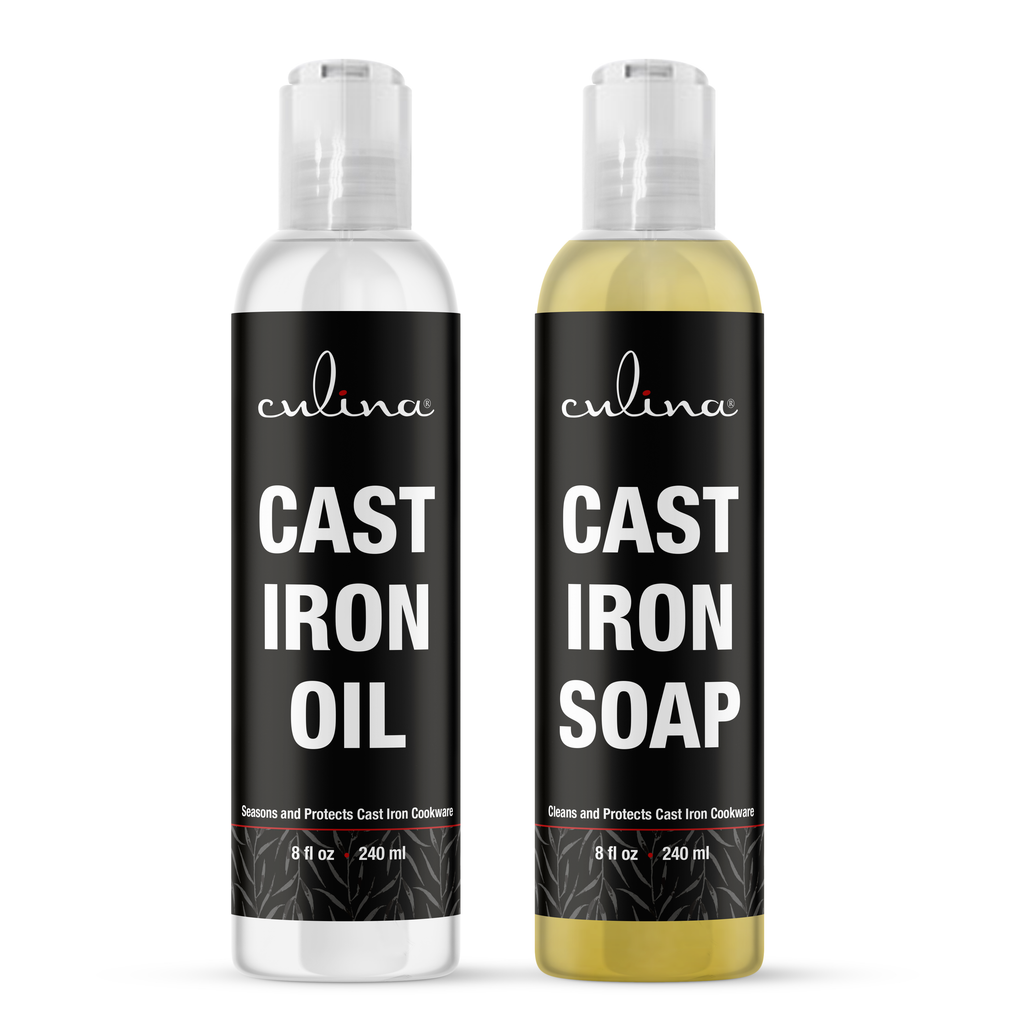How Can Palm Oil Be More Sustainable for Beauticians?
Palm oil has been a controversial topic for quite some time, especially in the beauty industry. As a beautician, you're likely utilizing various products that contain palm oil, whether directly or indirectly. The question many are asking is how can palm oil be more sustainable? In this article, we will explore various aspects of sustainability, the impact of palm oil on the environment, and how we can foster a more responsible approach to its usage.
To begin, its essential to understand that palm oil is derived from the fruit of the oil palm tree. With its versatility and cost-effectiveness, it is a popular ingredient in many beauty products. However, the environmental concerns surrounding its cultivation are significant. From deforestation to habitat destruction, palm oil production can have drastic effects on biodiversity. Hence, it has become crucial for beauticians to seek sustainable practices that can mitigate these effects.

The Need for Sustainable Practices
As a beautician, embracing sustainable practices can play a crucial role in promoting environmental responsibility in the beauty industry. Sustainable palm oil farming practices can significantly reduce the negative impacts while enabling manufacturers to produce high-quality products derived from palm oil.
According to recent studies, creating awareness about sustainable palm oil is vital. For beauticians, understanding these practices can help you make more informed choices when selecting products. Heres how it can be achieved:
1. Choose Certified Sustainable Palm Oil
One of the most direct methods for beauticians to contribute to sustainability is by selecting products that utilize Certified Sustainable Palm Oil (CSPO). This certification ensures that the palm oil used has been sourced responsibly. In fact, you can find a variety of beauty products that carry this certification, providing an eco-friendly option for your clients.
2. Educate Your Clients
As a beautician, you are in a unique position to influence your clients. By educating them about the importance of sustainable palm oil and recommending products that utilize CSPO, you can help raise awareness. Discuss the benefits of sustainable gardens and how they contribute to preserving the environment. Youll find over time that informed clients may even demand sustainable options.

Environmental and Economic Benefits
The benefits of sustainable palm oil extend beyond environmental responsibility; they also encompass economic advantages. Farms that implement sustainable practices often experience greater yields over time and can engage in better land management. This not only benefits the land but supports local economies.
High-quality palm oil from sustainable sources can produce better skincare and beauty product outcomes. Beauticians can witness firsthand the difference in quality when utilizing responsibly sourced palm oil.
3. Support Brands with Ethical Sourcing
When selecting brands to work with or recommend, opt for those that prioritize ethical sourcing. Look for companies that are transparent about their supply chains and actively work towards sustainable practices. Many renowned beauty brands are already making strides in this direction.

Reducing Your Carbon Footprint
Implementing sustainable practices in your beauty business not only helps regulate the palm oil supply chain, but it also plays a crucial role in minimizing your carbon footprint. Using products made with sustainable palm oil contributes to a healthier planet.
Furthermore, consider engaging in initiatives aimed at reforestation. Supporting local charities that work on replanting trees can remarkably offset the environmental impact of palm oil production.
4. Advocate for Change
Take your commitment a step further by advocating for sustainable practices within your professional network. Share resources taught here and spread awareness on the adverse effects of unsustainable palm oil farming methods.

Real-Life Examples
There are numerous real-life examples of brands dedicating themselves to sustainable palm oil. Brands that make this commitment often see excellent results in customer loyalty as clients are becoming increasingly concerned about environmental issues. Some of these brands are even investing in research to improve sustainable palm oil farming techniques.
By aligning with such initiatives, not only do you contribute to the cause but also attract a client base seeking environmentally friendly options.
5. Keep Abreast of Industry Changes
The landscape of sustainable beauty is always evolving. Keeping updated with the latest news on palm oil practices allows you to provide your clients with the most current information. Additionally, seeking certifications for your practice can further enhance your reputation as a responsible beautician.
Conclusion
As beauticians, we hold the power to influence change within the beauty industry. By exploring how palm oil can be made more sustainable, we take steps toward significantly reducing the environmental impact of our products. Embracing sustainability is not just an option; it is a necessity for the future of our planet and our industry.
Making informed choices can lead to a more sustainable future for all. By supporting sustainable practices and products, we can create ripples of positive change, proving that beauty can indeed be responsible.
FAQ
1. Why is palm oil considered bad for the environment?
Palm oil production often leads to deforestation and habitat destruction, contributing to biodiversity loss.
2. How can I identify products with sustainable palm oil?
Look for products bearing the Certified Sustainable Palm Oil (CSPO) label.
3. What can I do as a beautician to help the environment?
Educate clients about sustainable palm oil, choose certified products, and advocate for responsible sourcing in the beauty industry.
As an Amazon Associate, I earn from qualifying purchases.

